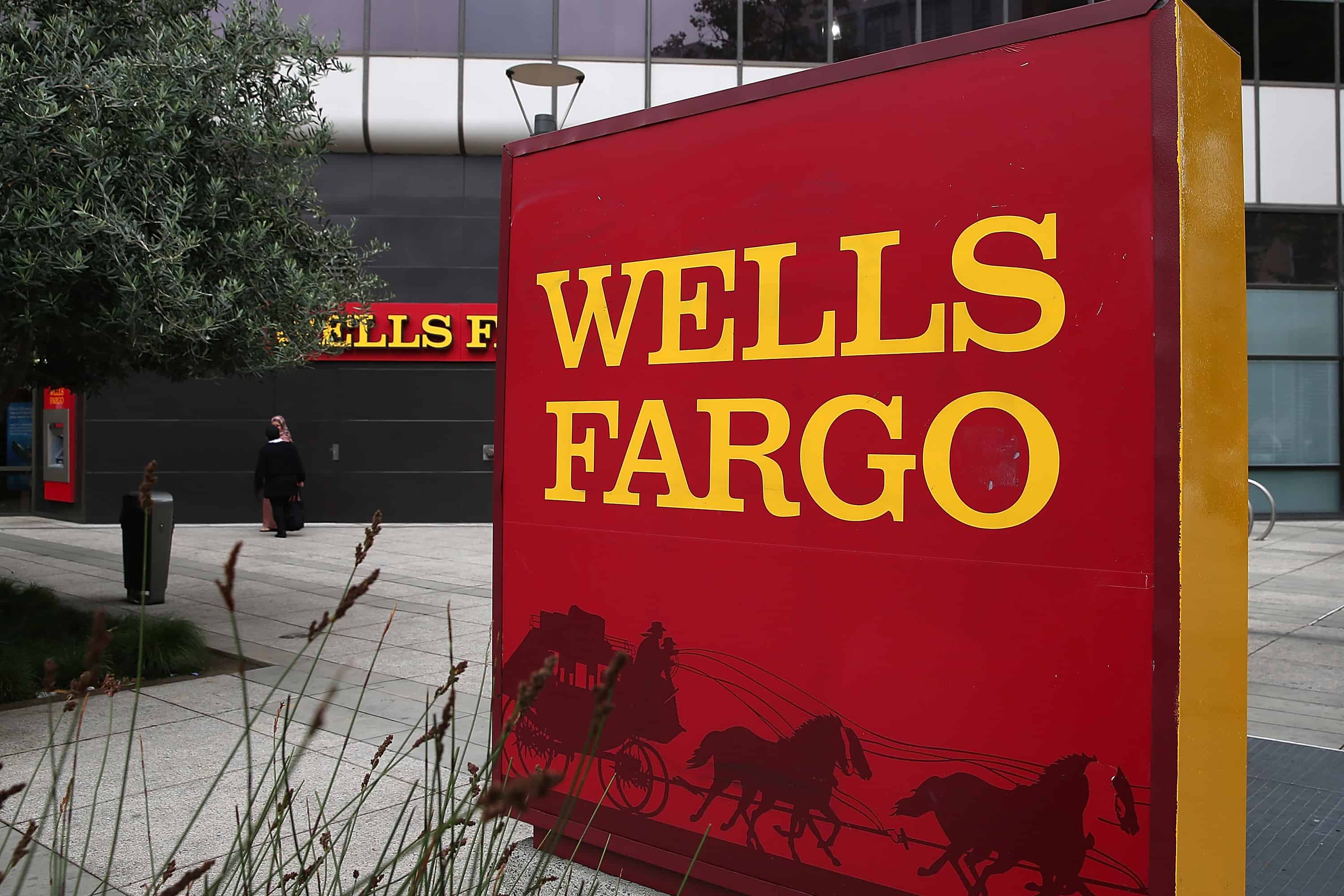
The Federal Reserve said Friday it is restricting Wells Fargo’s size in response to “widespread consumer abuses.”
As a result, Wells Fargo plans to replace three directors by April and a fourth by the end of the year. The Fed is prohibiting the bank from growing any larger than its total assets as of the end of 2017 until “sufficient improvements” are made.
Shares of the bank briefly fell 6 percent in after-hours trading.
“We cannot tolerate pervasive and persistent misconduct at any bank and the consumers harmed by Wells Fargo expect that robust and comprehensive reforms will be put in place to make certain that the abuses do not occur again,” Fed Chair Janet Yellen said in a statement.
“The enforcement action we are taking today will ensure that Wells Fargo will not expand until it is able to do so safely and with the protections needed to manage all of its risks and protect its customers,” she said.
Yellen completes her term at the Fed this week and begins at the Brookings Institution Monday.
The Fed did not note any new abuses by the bank in its statement. And neither release mentioned specific names of board members who would be removed.
Wells Fargo said in a release that within 60 days it will provide details to the Fed about a plan for enhancing the board’s governance oversight and the company’s compliance and operational risk management.
“We take this order seriously and are focused on addressing all of the Federal Reserve’s concerns,” Wells Fargo President and CEO Timothy Sloan said in a separate statement. He noted the order is unrelated to the bank’s financial condition, which remains “strong.”
Sloan took over as CEO in the fall of 2016 as the bank has tried to recover from a consumer sales scandal. One of those changes was an August announcement for a board shakeup.
It was discovered in 2016 that Wells Fargo workers had opened about 2 million consumer deposit and credit card accounts without customers’ authorization since 2011. The bank paid $185 million in penalties. In 2017, the bank also reached a preliminary class-action settlement of $142 million over concerns about retail sales practices and unauthorized accounts from 2002.

